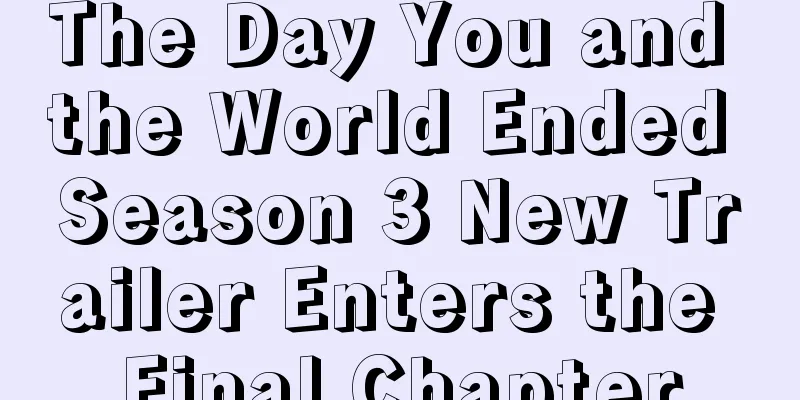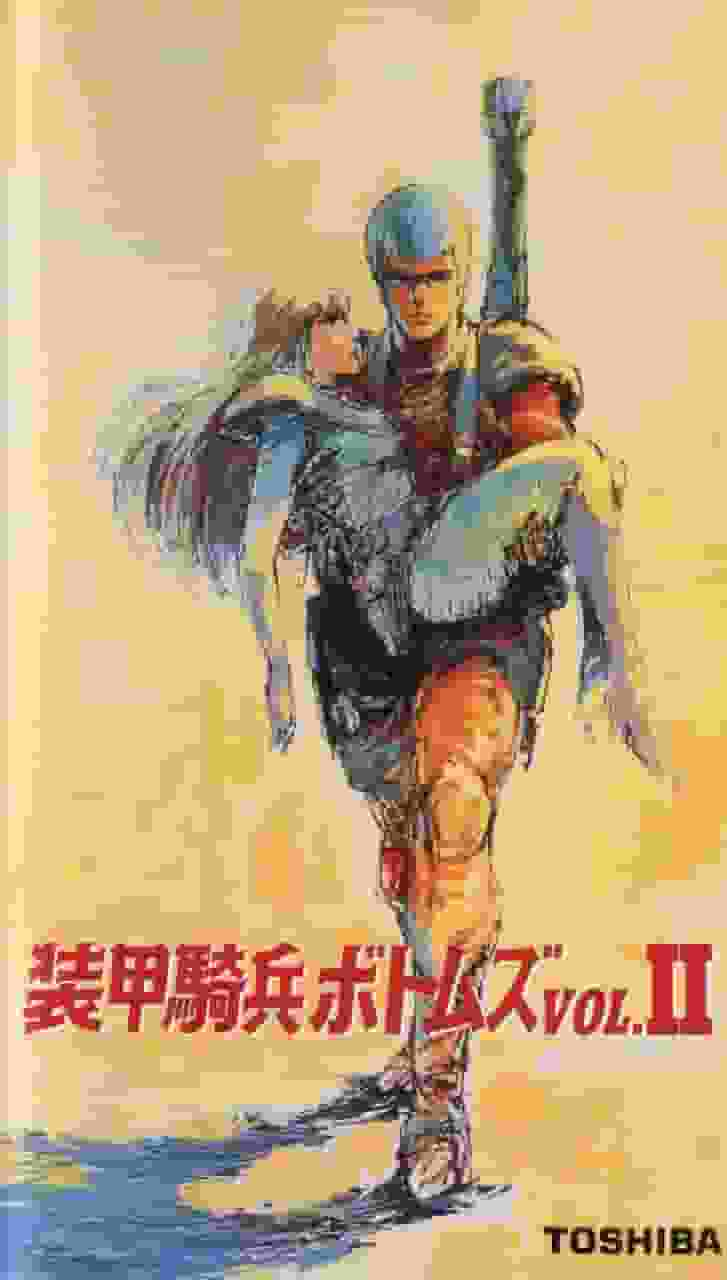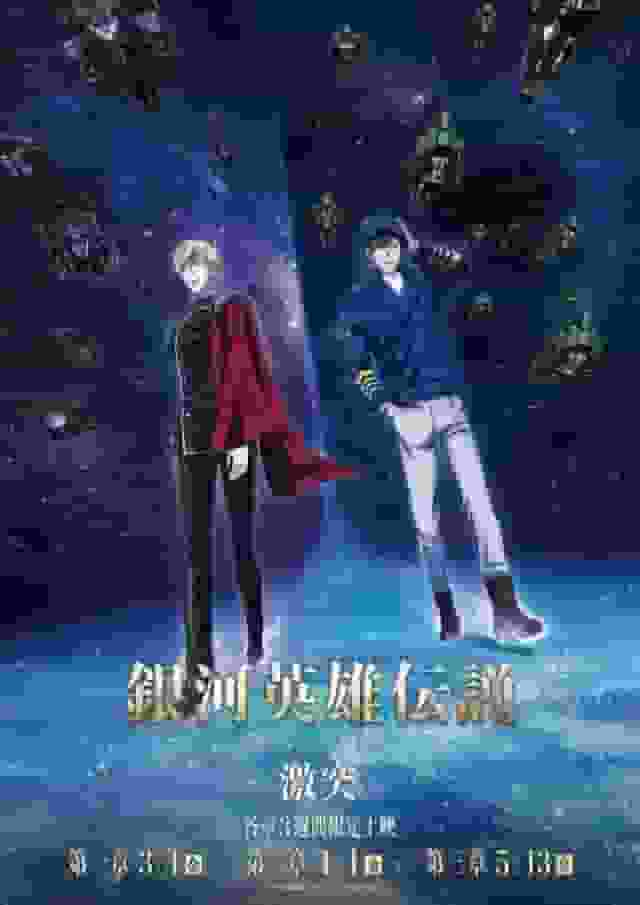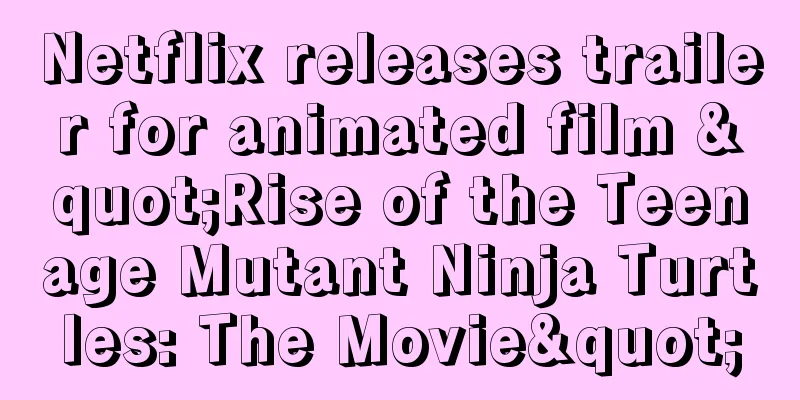Jungle Emperor: The Movie 1997: A Reevaluation of the Epic Story and Visuals
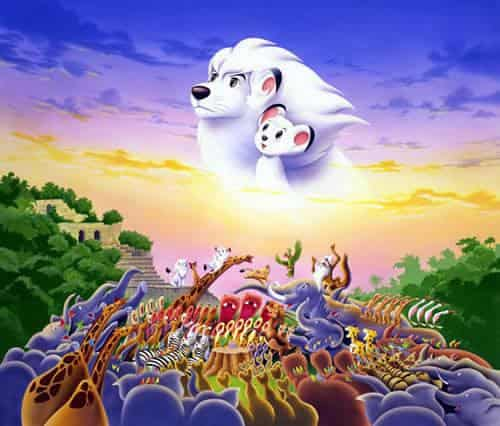
Jungle Emperor: The Movie - Tezuka Osamu's grand messageTezuka Osamu's masterpiece, "Jungle Emperor," has been adapted into anime many times, but the theatrical version released in 1997 is particularly noteworthy as it was the first to fully film the story of the third part of the original work, "The Moonlight Stone." This theatrical version portrays the theme that Tezuka Osamu wanted to portray, that "all lives are equal," through Leo's self-sacrifice. ■Overview of the work"Jungle Emperor: The Movie" was released on August 1, 1997, and distributed by Shochiku. Its Eirin number is 114975, and it is a 99-minute long film with a complete story in one episode. It was written by Tezuka Osamu, directed by Takeuchi Hiroo, and produced by Tezuka Productions and Shochiku, and the copyright belongs to Tezuka Productions, Shochiku, and the "Jungle Emperor" Production Committee. ■ StoryThe story of "Jungle Emperor Leo" is set in the jungles of Africa, and follows the white lion Leo as he grows to become the king of the jungle and overcomes various challenges through his interactions with human society. This movie version in particular focuses on the episode from the third part of the original work, "Moonlight Stone," and depicts the dramatic climax in which Leo sacrifices his own life to protect the life of the human Higeoyaji on a snowy mountain. This part was changed to a happy ending in the TV series "New Jungle Emperor Leo: Go Forward!", and it is an important scene that depicts Leo's self-sacrifice and the theme that "all lives are equal," which Tezuka Osamu originally wanted to portray, for the first time. This theme is also present in Tezuka Osamu's other work, "Phoenix," and through Leo's tragic death, the message of Tezuka Osamu's life emerges. An American animation that looked just like "The Jungle Emperor" had the theme of "the cycle of life," but Tezuka's manga went beyond that "circle of life" and focused on the theme that "There is only one life in this universe. That is why all life is equal and precious." This message is deeply portrayed through the story of Leo. ■CastIn this movie version, Leo is played by Masatane Tsukayama, Raiya by Chieko Haisho, Rene by Midori Hiiragi, Rukio by Hekiru Shiina, Coco by Kaneta Kimotsuki, Tommy by Naoki Tatsuta, Pagura by Masato Ibu, Bizo by Rannan Suzuki, Grandpa Brother by Kei Tani, Higeoyaji by Kosei Tomita, Mary by Tomoko Nakajima, and Ham and Egg by Danshi Tatekawa. Special appearances include Shigeru Izumiya, Kenji Otsuki, Hajime Omori (Tokyo Ska Paradise Orchestra), Masahiko Kitahara (Tokyo Ska Paradise Orchestra), Dankichi Kuruma, Mayo Suzukaze, Keiko Takeshita, Makoto Tezuka, Kiichi Nakai, Takashi Hamasaki (FLYING KIDS), Kikuzo Hayashiya, Kobuhei Hayashiya, and Bro.KORN (in alphabetical order). ■ Main staffThe original story was by Tezuka Osamu, directed by Takeuchi Hiroo, music by Tomita Isao, produced by Matsutani Takayuki and Kofu, planned by Shimizu Yoshihiro, Kotoku Minoru, Ishida Yasuo, produced by Kubota Minoru, Udagawa Sumio, Akiba Chiharu, script by Takeuchi Hiroo and Tezuka Productions Literature Department, animation director Sugino Akio, music director Tojo Befu Sei, sound director Chiba Koichi, art director Abe Yukio, cinematographer Tamagawa Yoshiyuki, editor Morita Seiji, direction by Satsukime Yusaku, Yoshimura Fumihiro, Kuwabara Satoshi, storyboards by Takeuchi Tetsuo, Satsukime Yusaku, Yoshimura Fumihiro, Kuwabara Satoshi, Nishida Masayoshi, Hirata Toshio, Higuchi Masakazu, Fukutomi Hiroshi, Shinohara Toshiya, Chiba Daisuke, Uchida Yutaka, Oshita Hisama, conductor Otomo Naoto, performance by Tokyo Symphony Orchestra, production cooperation with WOWOW and Sony Music Entertainment, Bandai Visual, BMG Japan, and produced by Tezuka Productions and Shochiku. ■ Main CharactersLeo is a white lion born in Africa, and the son of the former emperor Panja, king of the jungle. After living in human society, he returns home and succeeds to the throne. He introduces human culture to the jungle and learns to speak human language. Although he rules the jungle as a king just like his father Panja, his way of life may at first glance seem to be the opposite of his father's, but Leo's life has always been strongly influenced by his great father. He made his debut as a child actor, and has grown into a master actor who can handle anything from a scene of shipwreck in a stormy sea to a conductor in a jungle symphony, to a scene where he speaks human language, a battle scene, and a scene of shipwreck in a snowy mountain. Laia is Leo's wife and the mother of Rene and Lucchio. She was originally a subordinate of the 124th guardian deity of the pygmy village, Ryona, and was sent up the river to meet the white lion Panja at her command. She was captured by Lamp and others, but was rescued by Leo. Lune is the son of Leo and Laiya, and runs away from home, longing for human society. In the epic story of "Jungle Emperor," which spans three generations of parents and children, Panja, Leo, and Lune, this young male lion plays a role in the relationship between human society and the continuity of the natural world. Lukio is the daughter of Leo and Laiya, and was named after the parrot Coco. Lukio is the reverse of the word "sleep" (to sleep), and Lukio is the reverse of the word "wake up" (to wake up). ■ Theme songs and musicThe theme song is "WIND SONG", with lyrics by Yuji Sakamoto, music and arrangement by Daisuke Hinata, and vocals by Takako Matsu. The beautiful melody and lyrics of this song symbolize Leo's dramatic story, and will resonate deeply with the audience. ■ Evaluation and recommendation"The Jungle Emperor: The Movie" faithfully reproduces the original work by Tezuka Osamu, but by adapting it to film, it brings out new appeal. In particular, Leo's self-sacrifice and the theme that "all lives are equal" provide the audience with deep emotions and opportunities to think. This is an important work for understanding the message of Tezuka Osamu, and is a work that can be recommended to all generations. This theatrical version also has strong connections to other works by Tezuka Osamu, especially themes that can be seen in "Phoenix." I highly recommend this film not only to fans of Tezuka Osamu, but also to those who are interested in anime and manga, and those who are looking for an opportunity to think about the value of nature and life. Another notable feature of this work is the splendor of its cast and staff. The performances of the voice actors who play each character add depth to the story, and the music and direction are of first-class quality, drawing the audience in. In particular, the theme song "WIND SONG" sung by Matsu Takako resonates deeply with the audience, with its beautiful melody and lyrics that symbolize Leo's story. "The Jungle Emperor: The Movie" is a work that should be passed down forever as a work that depicts the grand message of Tezuka Osamu. Please feel Leo's story and Tezuka Osamu's message through this work. |
<<: The appeal and evaluation of Lupin the Third Walther P38: A deep look into the classic anime
>>: Savings Warrior Cashman: How to manage your money, taught by the savings hero
Recommend
The second part of the comedy manga adaptation "Kanoko Kanoko is Watching" was released and will be broadcast on July 7
The comedy manga "Kanoko Kanoko is Watching ...
"Kamen Rider GEATS" new movie poster Ryuki confirmed to join the battle
The latest theatrical version of the classic spec...
Yunnan Tomb Treasure Hunt "Ghost Blows Out the Light: Yunnan Worm Valley" Poster and Trailer
Yesterday, the official release of the "Retu...
Disney's new live-action movie "Pinocchio" trailer will be available on streaming on September 8
Disney's live-action movie "Pinocchio&qu...
The appeal and evaluation of Pappara Papa: A deep look into the masterpieces of Minna no Uta
"Pappara Papa": NHK's classic songs...
"Porco Rosso" review: What is the appeal of Hayao Miyazaki's animated masterpiece?
Porco Rosso - A deep dive into Hayao Miyazaki'...
The appeal and evaluation of Megemegerumba: A deep look into the masterpiece of Minna no Uta
Megemegerumba - A masterpiece of everyone's s...
The first batch of photos from the new Marvel series "Ms. Marvel", the first Muslim superhero
Recently, foreign media justjared released the pr...
Summary of the first batch of media ratings for Westworld Season 3
The third season of HBO's hit sci-fi series &...
The second season of Made in Abyss premieres today, and the comic book author draws a picture to celebrate
The second season of the popular TV anime "M...
Togashi Yoshihiro tweets comic manuscript preview: only one chapter left, with original Feiying pictures to show his drawing skills
On May 24, Yoshihiro Togashi, a big manga artist ...
The appeal and evaluation of "The Complete Collection of World's Masterpiece Fairy Tales": An animated masterpiece that can be enjoyed by both children and adults
World masterpiece fairy tale collection - Sekai m...
New set photos of the live-action drama "One Piece": Luffy and Shanks' pirate ship appear
Twitter user OP_Netflix_Fan today revealed the la...
The Shining sequel Doctor Sleep had a weak premiere and may lose 20 million
According to DeadLine's sources, Warner Bros....
"The River is Calling": A fusion of moving stories and music that can be learned from everyone's songs
"The River Calls": NHK's classic an...
